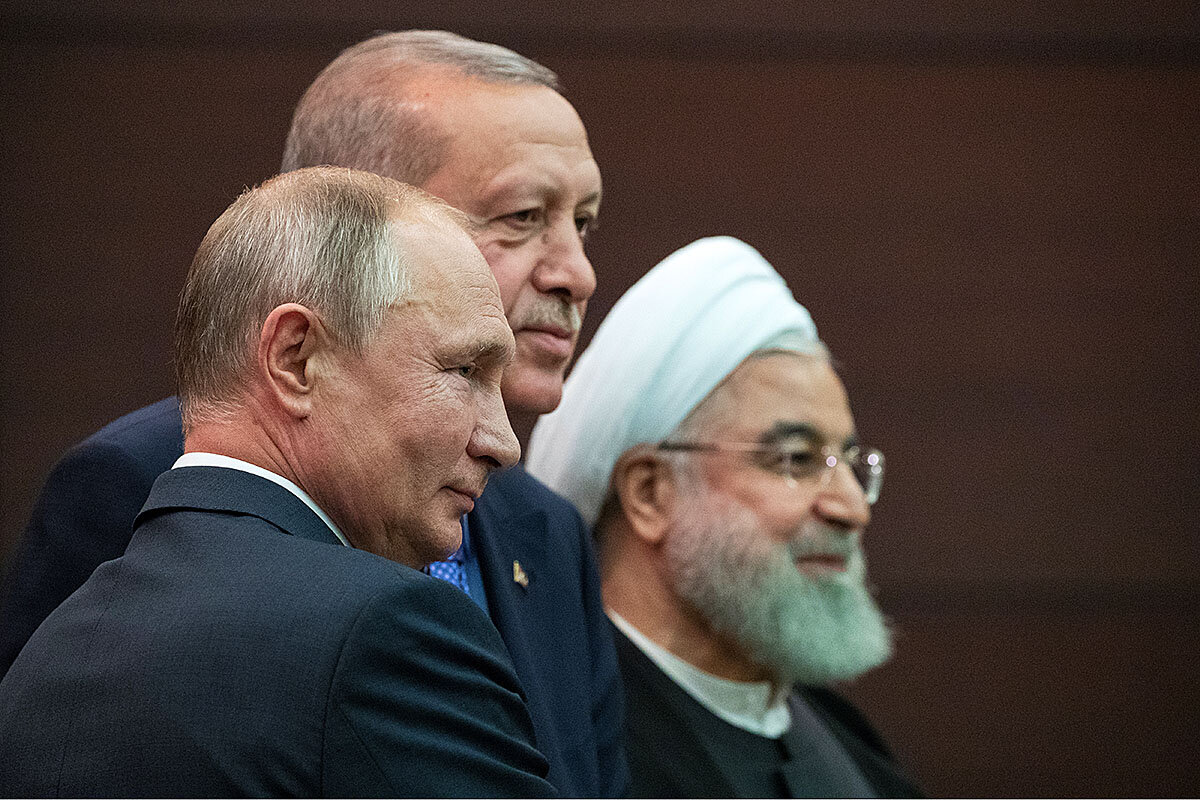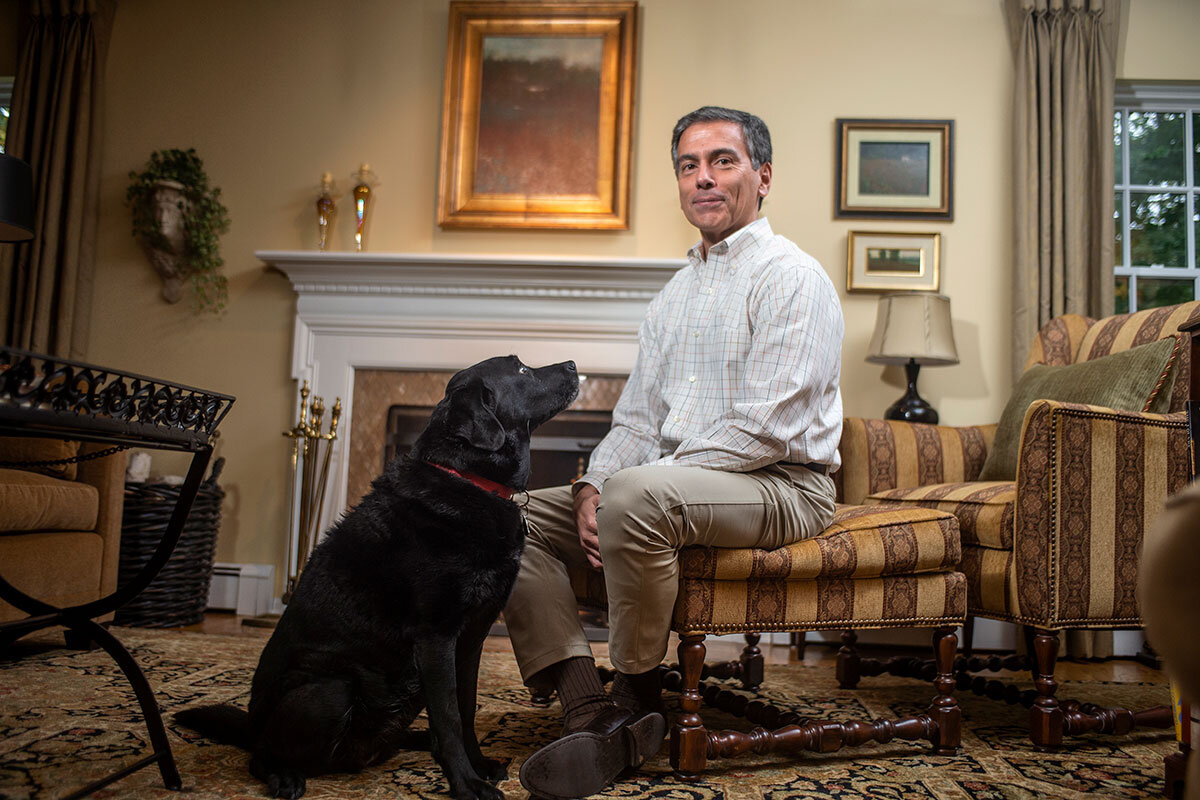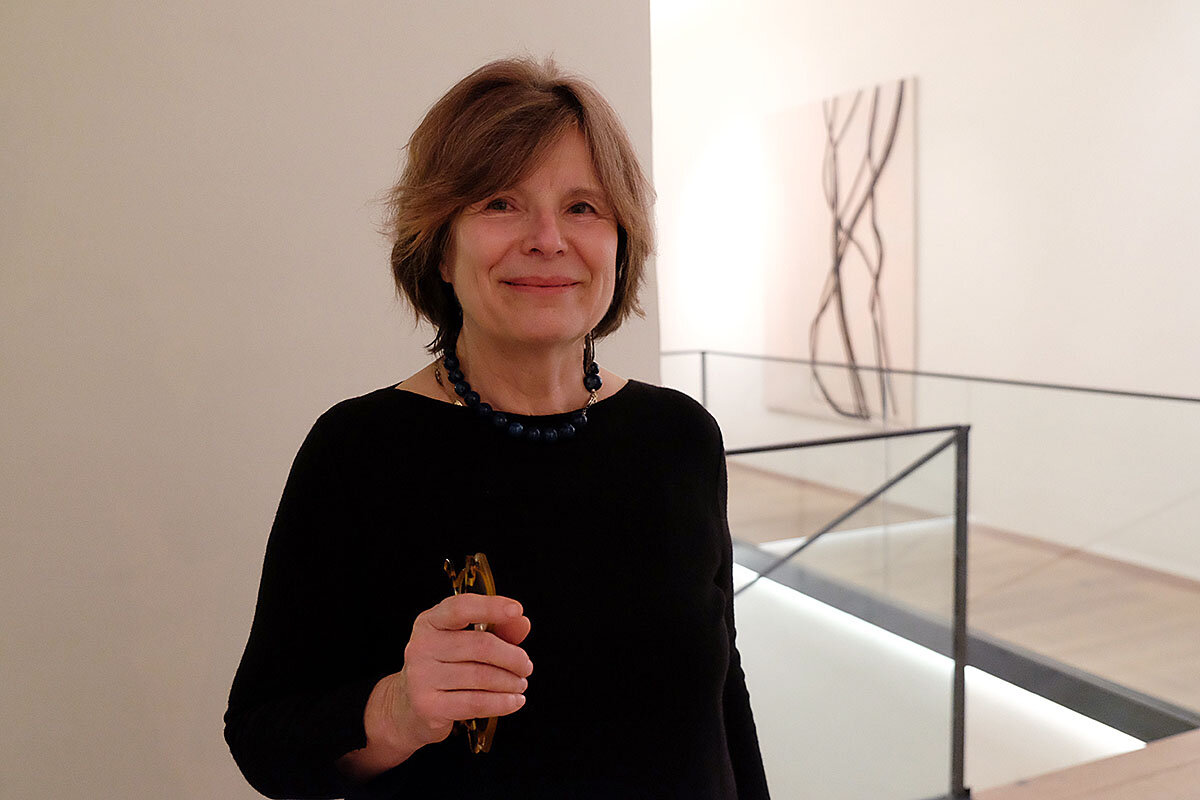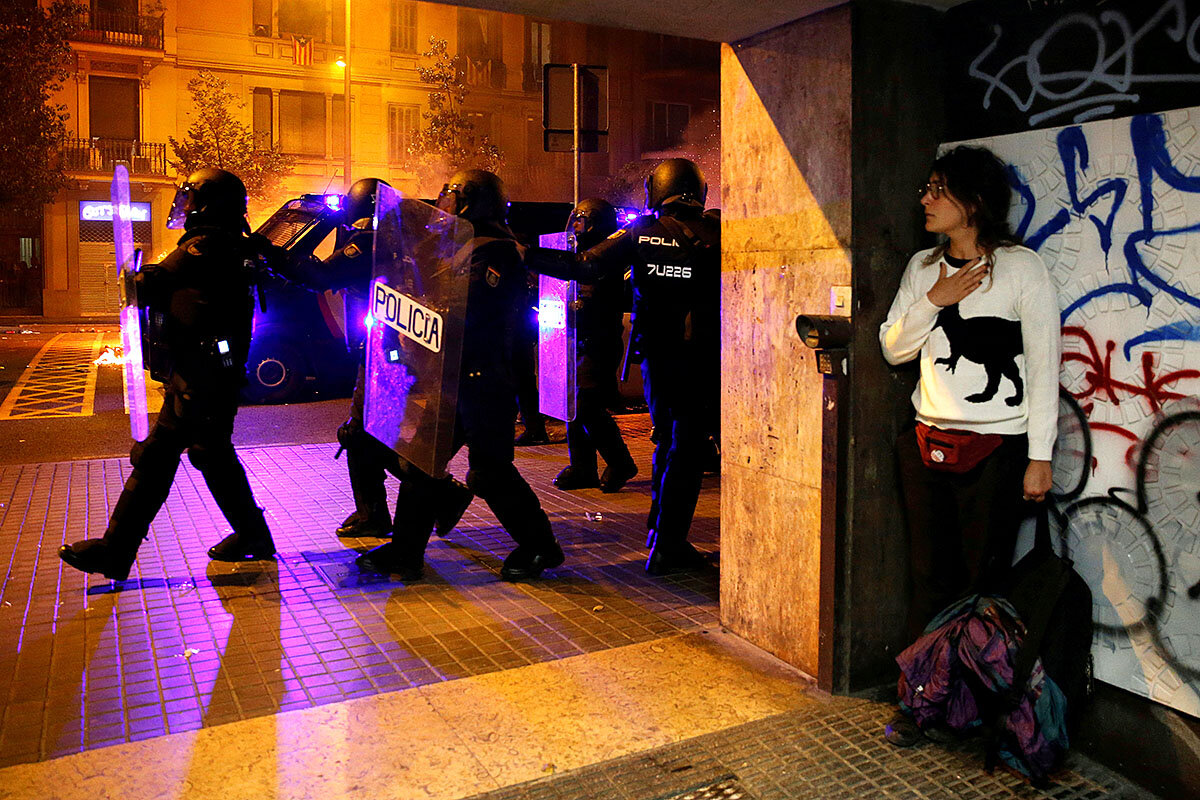The impeachment inquiry against the president hinges on testimony from people deep in the federal bureaucracy. But that’s not necessarily ominous. All presidents must navigate the ‘deep state.’
Monitor Daily Podcast
- Follow us:
 Mark Sappenfield
Mark Sappenfield
Today’s five hand-picked stories look at the history of presidents and the deep state, Israel’s concern about U.S. commitment to the Mideast, a different view of Brexit, the First Commandment in a modern context, and teaching moms to fight terrorism.
But first, in the stories about Democratic Rep. Elijah Cummings of Maryland, , you’ll see one phrase often repeated: “Trump target” or “Trump foil.” Yes, Mr. Cummings and President Donald Trump crossed swords. But what an inadequate picture of the man that is.
At a time when our partisan identities can tend to occlude everything else, Mr. Cummings is a reminder why it’s wise always to start with the “everything else.”
When Baltimore descended into racially charged riots in 2015, Mr. Cummings linked arm-in-arm with residents to walk through the streets singing, “This Little Light of Mine.” A day after freshman Democratic Rep. Rashida Tlaib accused Republican Rep. Mark Meadows of a racist stunt earlier this year, Mr. Cummings had them hugging.
How did he do it? “Human interaction, that’s all,” he said.
Famously, during congressional hearings into the Benghazi crisis in 2015, Mr. Cummings shouted at his Republican colleague, Rep. Trey Gowdy, “Gentleman, yield! You have made several inaccurate statements.”
But Mr. Gowdy held no ill will. “It’s not about politics to him; he says what he believes,” Mr. Gowdy told The Hill newspaper. “And you can tell the ones who are saying it because it was in a memo they got that morning, and you can tell the ones who it’s coming from their soul. And with Mr. Cummings, it’s coming from his soul.”












